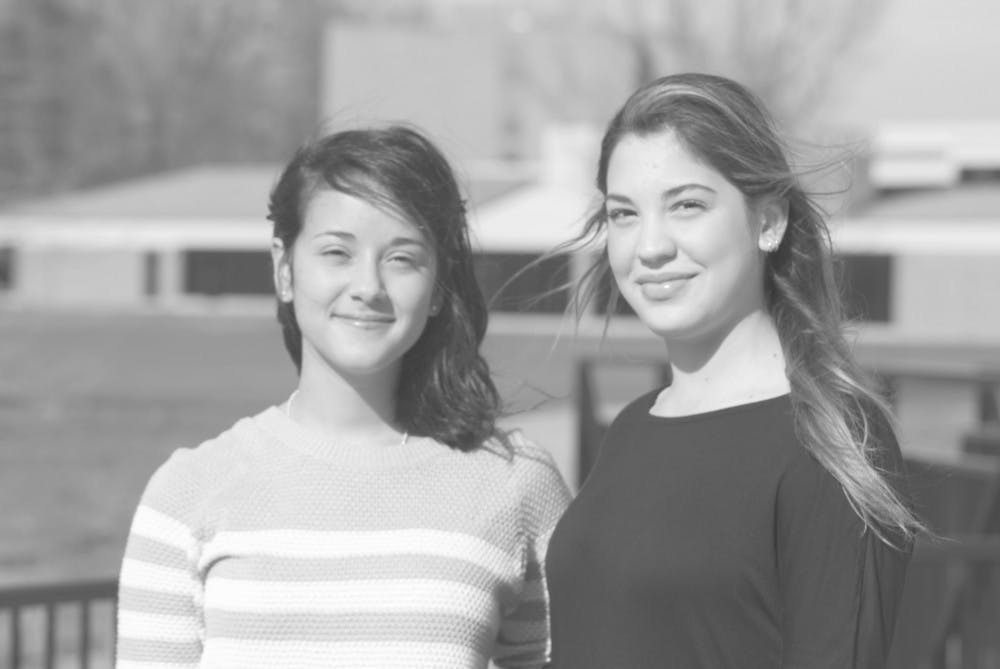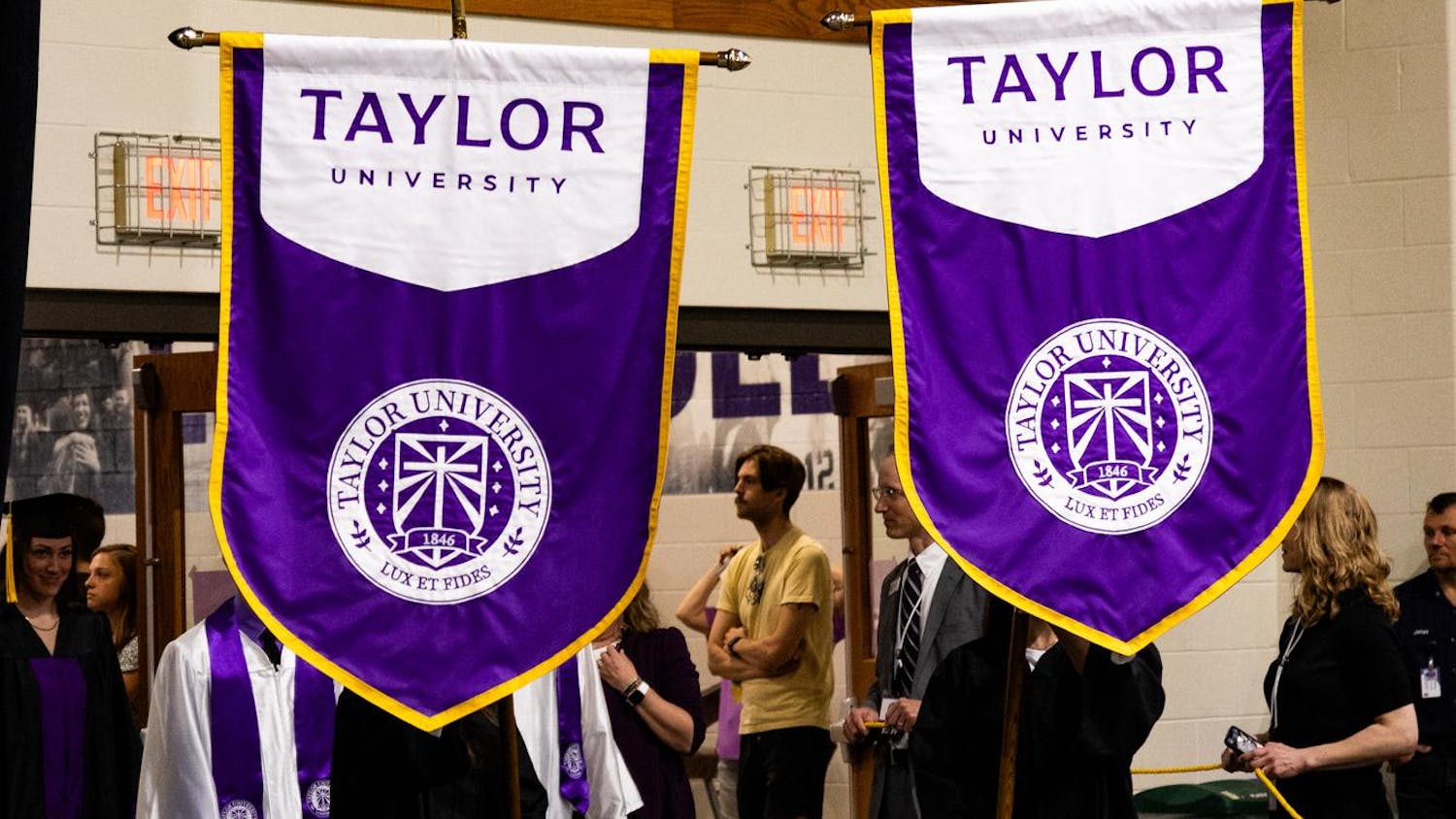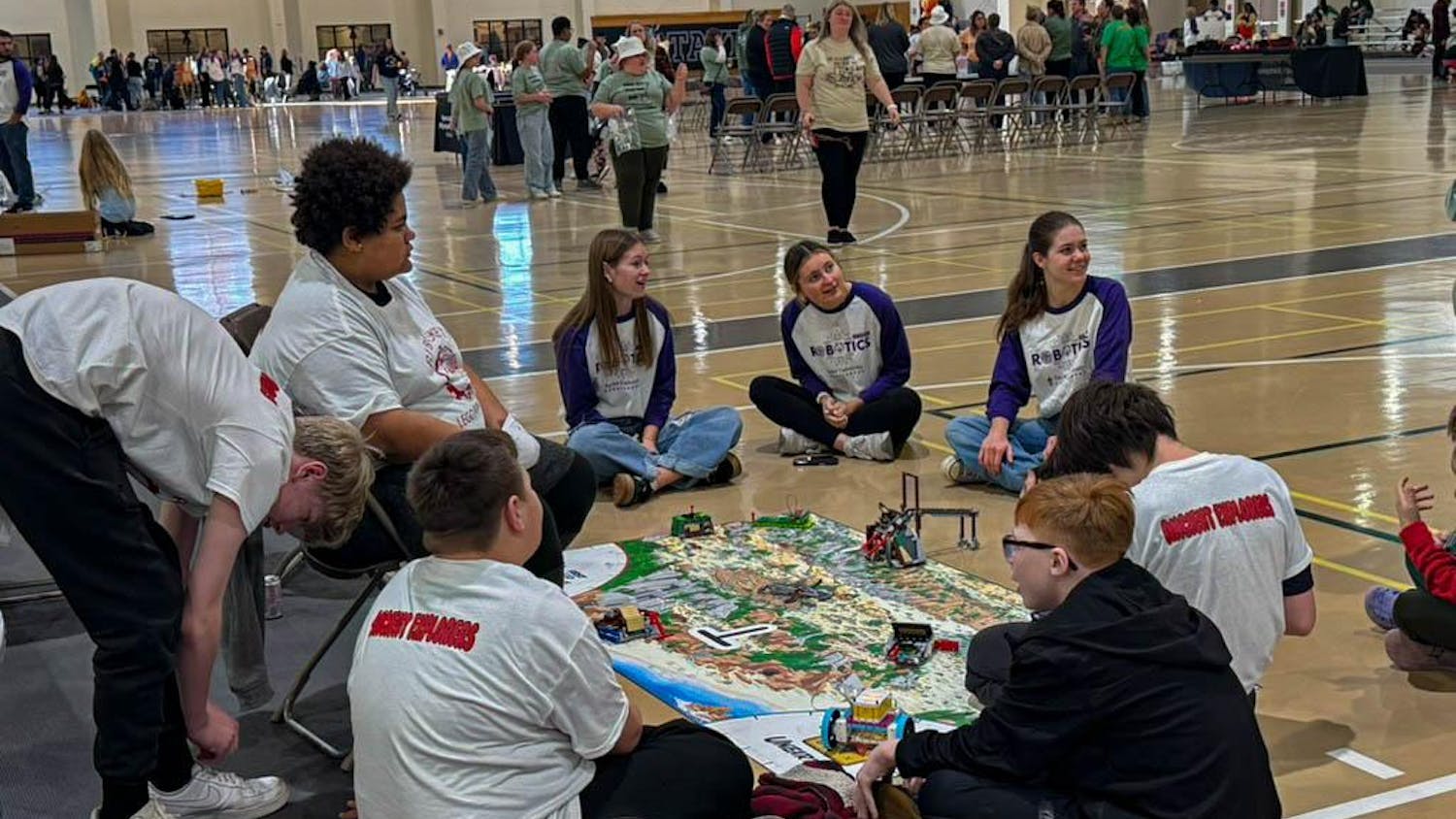By Malaina Yoder | Echo
The men weren't even aware they had kidnapped her.
Taylor freshman Mariela Carolina Sanchez Sanabria was kidnapped outside the front doors of her high school in Guayana City, Venezuela, in March 2010. Three car thieves stole Sanabria's family car while her father was away from it, and she was in the back seat. When her father tried to intervene, they forced him away from the car and drove away. They didn't even notice Sanabria in the back seat until they drove away.
Sanabria feels fortunate that she wasn't harmed while her captors tried to figure out what to do with her. She knew that she could be sold for organs, forced into slavery or held for ransom.
"They just put me at gunpoint, but that's it," Sanabria said. ". . . They were like kids doing that. I think they were more nervous than me."
She had a bag over her head for the two hours before they dropped her off at a farm about an hour from the city. Her calm façade finally crumbled after the traumatizing experience was over, and she couldn't remember anyone's phone number. After 50 minutes, she finally remembered her family's number, and her dad came to get her.
After moving to the U.S. for school in November 2013, Sanabria gained a new perspective on safety and protection. She moved away from her family to attend school on the south side of Chicago, where she felt safe walking two blocks on a poorly lit street.
"The police (in America) will do something," she said. "The police do nothing in Venezuela."
This story is far from uncommon in Venezuela and some other Latin American countries.
"(Kidnapping) is becoming more and more normal," Sanabria said. "We're not doing anything with it. They're just getting used to it."
Freshman Bella Purcell has also lived under the threat of kidnapping. She had to leave Panama because of a situation involving her grandfather's military involvement. Because he was in the military, gang members put Purcell's family on a list of families to be targeted, almost like a hit list. However, Purcell's family escaped this when they discreetly left the country, lying about their whereabouts.
"In the month of November, thirty people have disappeared," said Bolivian native and freshman Renee Antezana. "Those are only the cases that have been reported."
Antezana is concerned that the crime rates of Panama and Bolivia are approaching those of Venezuela.
Sanabria, Purcell and Antezana are all floored by the safety in America and surprised by the lack of awareness concerning the situation in South America.
"The (Venezuelan) government doesn't want the world to know what is going on," Sanabria said. "In February, we had a civil war and the world didn't know."
It's vital that more people understand the dangers people have to face in other countries, and appreciate the kind of protection we have in America.
"I feel the most important thing you can have is information," Purcell said. "If you have knowledge about it, you have something to fight with. But if you don't even know what's going on, how can you fight?"
To learn more about the situation in Venezuela, search the hashtag #PrayForVenezuela on Twitter.




